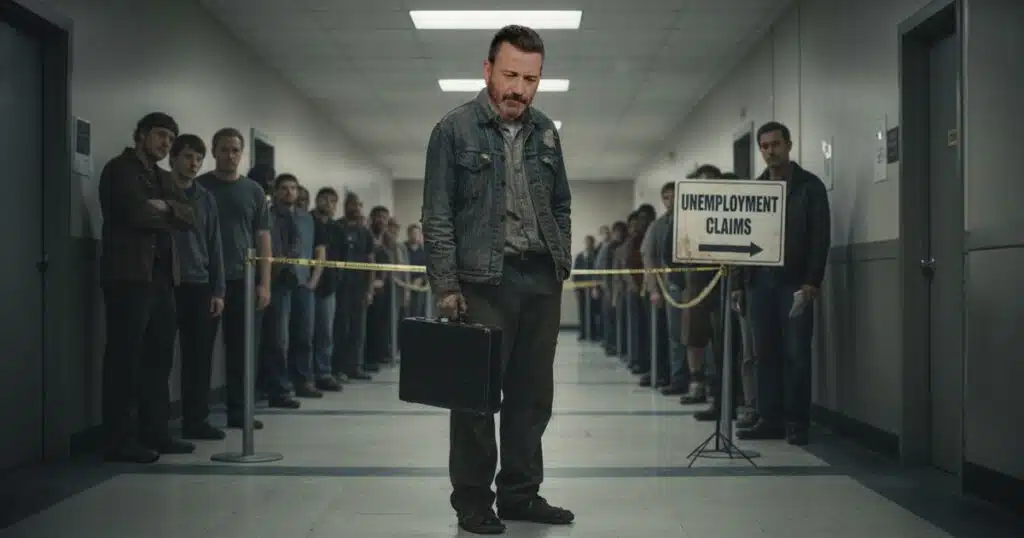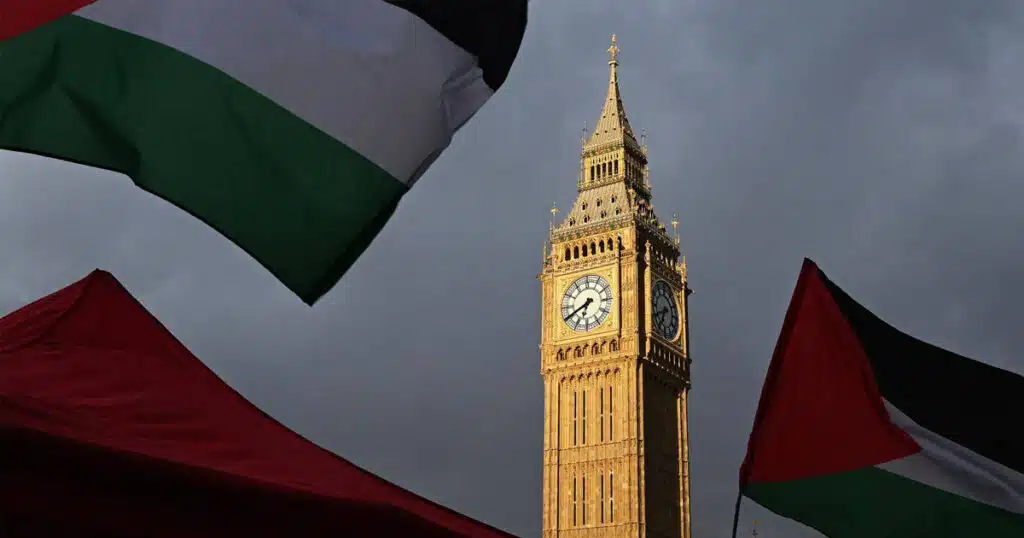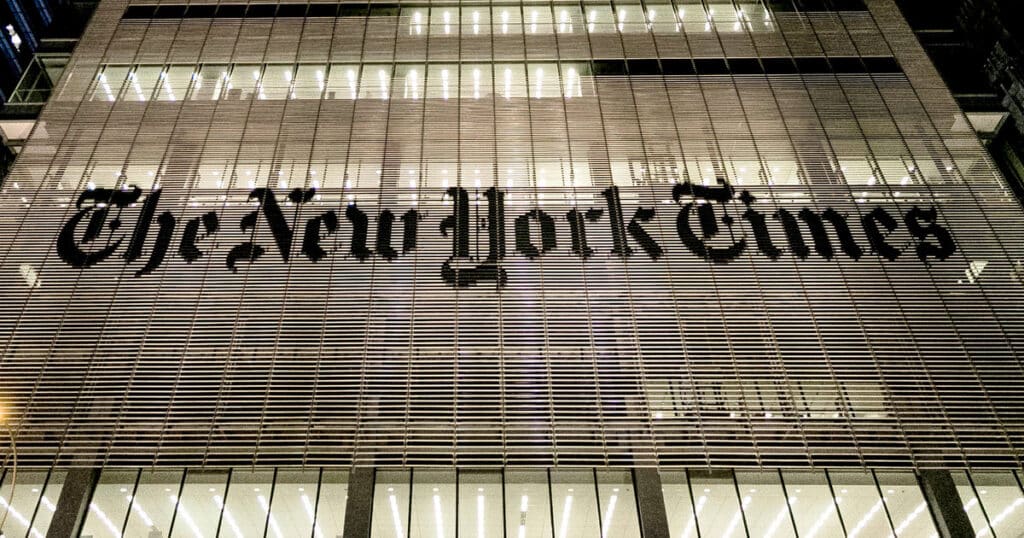
Freedom of Speech May Not Include Freedom from the Consequences of that Speech
Commentary after the death of Charlie Kirk, much of it harsh, vulgar, and ugly, has brought the issue of free speech sharply back into focus. For that reason, I wanted to describe what freedom of speech in America is and means.
We must first remember that the Constitution generally, and the 1st Amendment specifically, are a restraint on Congress, on government, at every level. The relevant part of the 1st Amendment states that “Congress shall make no law … abridging the freedom of speech.” As such, the 1st Amendment is only a restraint on government suppressing or censoring speech.
Let’s address the public/government speech scenario first.
If an individual, for example, is a public-school teacher or other public employee, they maintain free speech rights, but those rights are more limited because they are a government employee. So, let’s say a local public-school teacher makes a negative or inflammatory comment on social media regarding the death of Charlie Kirk. How could this be addressed by the school?
It’s a two-step analysis. 1). Was the teacher speaking as a private citizen and did the comment the teacher made concern a matter of national or public interest? If so, it is more likely to be protected speech. However, the 2nd question is, even if the speech addresses a matter of national concern, is it so inflammatory or disruptive that it interferes with orderly school operations? (the main point of which is to educate the students).
So, let’s analyze two examples. If the teacher posted a comment like “I completely disagree with how Charlie Kirk antagonized students on college campuses! It gives them poor self-esteem to be confronted in public in the manner he did and detracts from their academic and college experience. For that reason, I’m glad he’s gone!” This comment addresses the issue of college education and the college learning environment and would likely be protected speech for a public-school teacher.
What would likely not be protected speech is a comment posted by the same teacher (and there have been many like this) that “Charlie Kirk was racist, bigoted, and homophobic and I’m glad he’s dead! It’s a good use of a bullet.” This second comment does not itself address a matter of public concern and is arguably inflammatory enough to undermine school operations.
Now, let’s switch our analysis to a private employer who has a private employee who publicly comments on the death of Charlie Kirk. Again, the 1st Amendment does not generally restrain private people or private employers so if an employee makes an ugly or inflammatory comment, the employer, the business owner, is free to fire the employee.
As long as the firing of the employee is not based upon a prohibited discriminatory reason (like race, age, or gender discrimination), the owner is free to value company profitability over everything else and if he feels the business is put in a negative light by that employee’s comment, or it creates a hostile work environment, disrupts operations or violates company policy, he is free to fire the employee.
Finally, from a legal standpoint there is really no such thing as “hate speech.” While the U.S. Supreme Court has held that states and cities may increase the criminal penalty for certain kinds of verbal threats or other assaults that constitute a “hate crime,” (which punishes actions motivated by bias, not speech) the speech itself cannot be prohibited by the government. Our Constitution, emphatically, does not leave to government officials the decision about what speech is acceptable and what is not.
However, freedom of speech is not absolute but the exceptions are very narrow and “hate speech” isn’t one of them. The Supreme Court has held, in defining when core political speech can be prohibited, that the government may only prohibit speech when the speech poses a “clear and present danger of imminent lawless action” like a riot. (Brandenburg).
So, while many of the expressions of hate we have seen directed toward Charlie Kirk on social media may be deeply offensive and despicable, they can’t be prohibited by government up until the time they cause a riot or constitute a criminal threat. Even then, the speech should only be halted long enough to quell the riot or threat and return law and order.
Again, the 1st Amendment primarily protects free speech from government censorship, not, as in the case of Jimmy Kimmel, a private corporation’s (ABC) economic decision.



